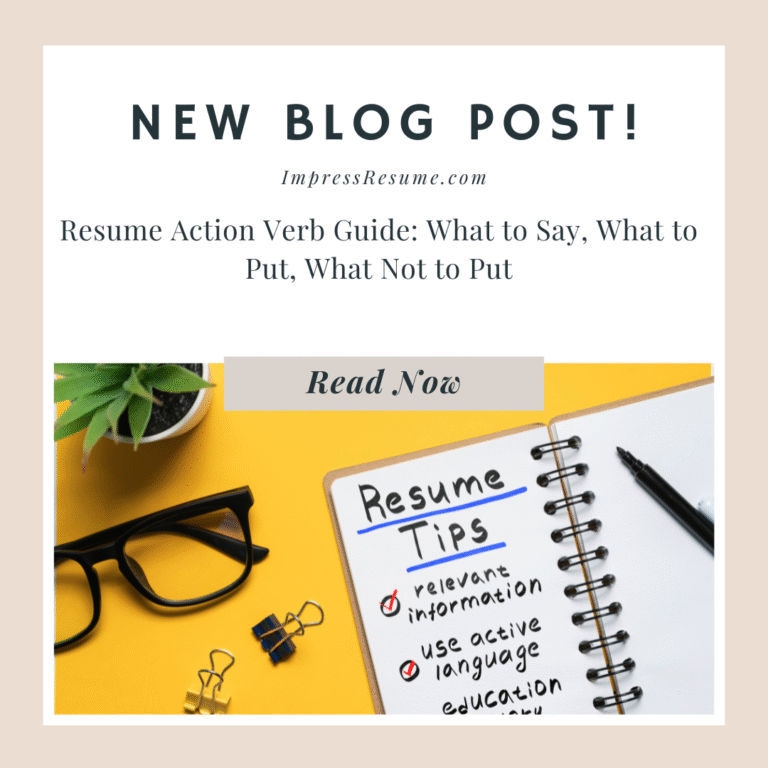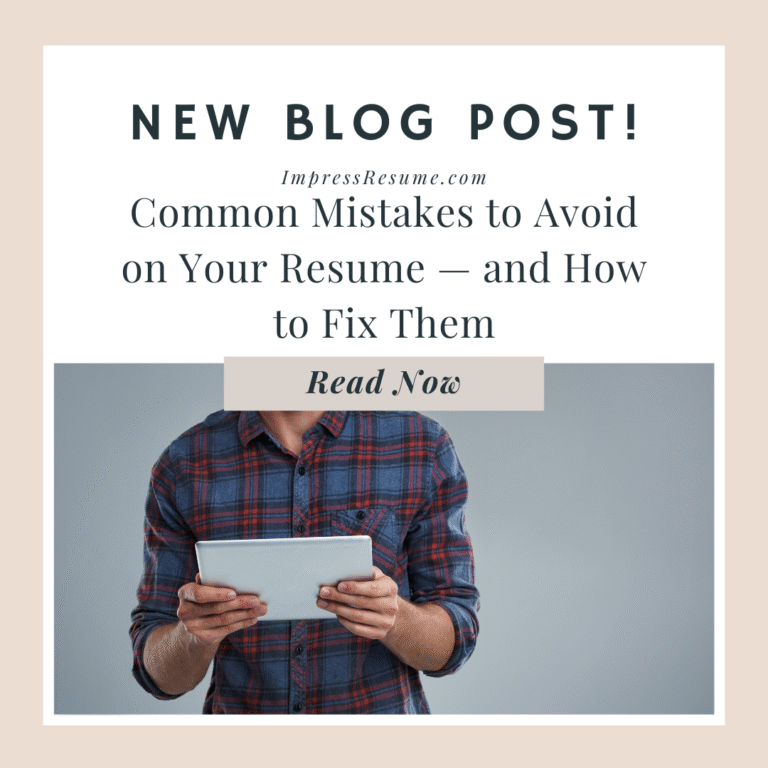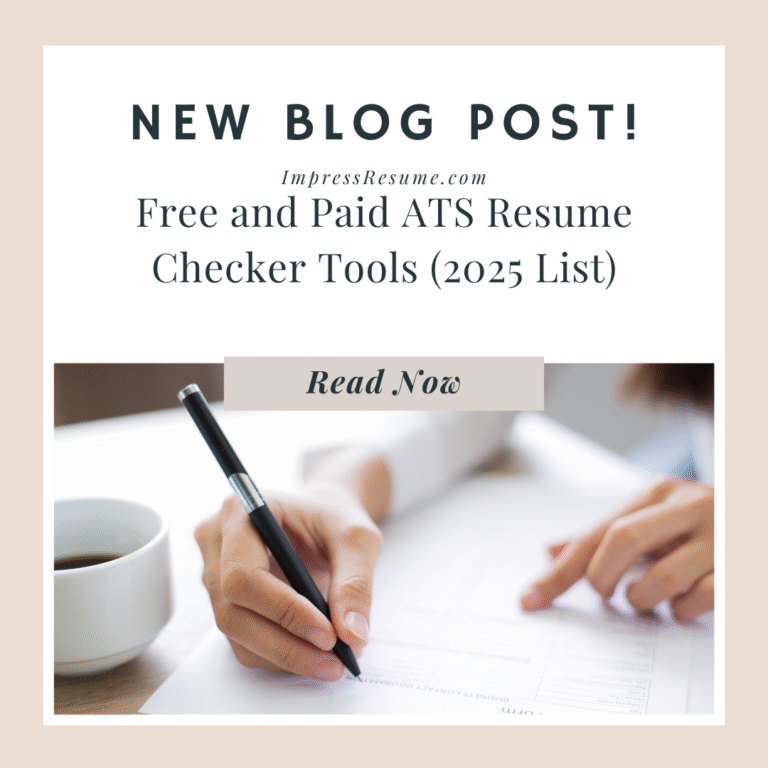What to Do If You Get Fired Without a Backup Plan
Getting fired can feel like the rug’s been pulled out from under you—especially when you didn’t see it coming and don’t have another job lined up. Whether it was performance-related, a company restructure, or a poor fit, the result is the same: you’re suddenly without a paycheck and facing an uncertain future.
But take a breath. You are not alone—and your career is not over. Plenty of successful professionals have been in your shoes and come out stronger on the other side. The key is knowing what to do next.
Here’s a step-by-step guide from a recruiter’s perspective to help you regroup, rebuild, and move forward with confidence.
1. Give Yourself a Moment to Process
Getting fired is emotional. It’s okay to feel angry, embarrassed, confused, or even relieved. But don’t rush into job applications or explanations until you’ve had a chance to process what happened.
Why this matters:
Making decisions from a place of panic or hurt can lead to missteps. Take a day or two to clear your head before you act.
2. Ask for Clarity and Documentation
If possible, request a termination letter and ask for clarification on the reason for dismissal. If it wasn’t misconduct, this documentation can help you explain the situation to future employers.
Tip: Ask if you’re eligible for rehire or severance, and confirm any benefits, like COBRA or final paychecks.
3. File for Unemployment
If you’re eligible, file for unemployment insurance right away. This can provide temporary financial support while you get back on your feet.
Why this matters:
It may take a few weeks for your claim to process, so don’t wait. Check your state’s website for eligibility and application instructions.
4. Review Your Finances
Take an honest look at your current savings, monthly bills, and non-essential spending. Create a temporary budget to stretch what you have and reduce financial stress.
What to focus on:
- Essentials only (housing, food, insurance)
- Delay or reduce discretionary expenses
- Contact lenders or service providers if needed
5. Update Your Resume and LinkedIn
Now is the time to get your resume ready. Highlight your accomplishments, not just your responsibilities, and tailor your resume to the roles you’re targeting.
Need help?
ImpressResume.com/shop offers affordable, ATS-friendly resume templates and recruiter-written guides to help you move forward quickly and confidently.
6. Reach Out to Your Network
Let people know you’re open to new opportunities. Reach out to former coworkers, friends, or mentors. You don’t need to go into detail—just be honest that you’re in transition and exploring new roles.
Tip: Be specific. Instead of “Let me know if you hear of anything,” say “I’m looking for project management roles in the healthcare industry.”
7. Practice How You’ll Explain the Termination
You don’t need to overshare. Keep your explanation honest, brief, and professional.
Example:
“Unfortunately, the role wasn’t the right fit, and we decided to part ways. It gave me a chance to step back and refocus on what kind of environment I’ll thrive in next.”
Focus on what you learned and how you’ve grown, not the blame.
8. Apply Strategically, Not Desperately
It’s tempting to apply to everything—but hiring managers can sense when you’re just throwing resumes at the wall.
Instead:
- Identify roles that genuinely fit your skills
- Tailor each resume and cover letter
- Set daily application goals and track your progress
9. Stay Productive and Positive
Consider volunteering, freelancing, or taking a course while you search. This keeps your resume active and your mindset sharp.
Bonus: It gives you something fresh to talk about in interviews—and shows resilience.
10. Don’t Let One Job Define You
Being fired does not define your worth or your future. Everyone faces setbacks—it’s how you respond that shapes what happens next.
Final Thoughts from a Recruiter
Getting fired without a backup plan is scary, but it’s not the end of your story. With the right steps, support, and mindset, you can bounce back stronger. In fact, this could be the reset you didn’t know you needed.
Start by taking control of your tools—your resume, your story, your job search strategy—and don’t hesitate to ask for help when you need it.
If you’re ready to take that first step, head to ImpressResume.com/shop. I’ve built budget-friendly resume bundles to help you get back in the game quickly—with confidence, not confusion.







